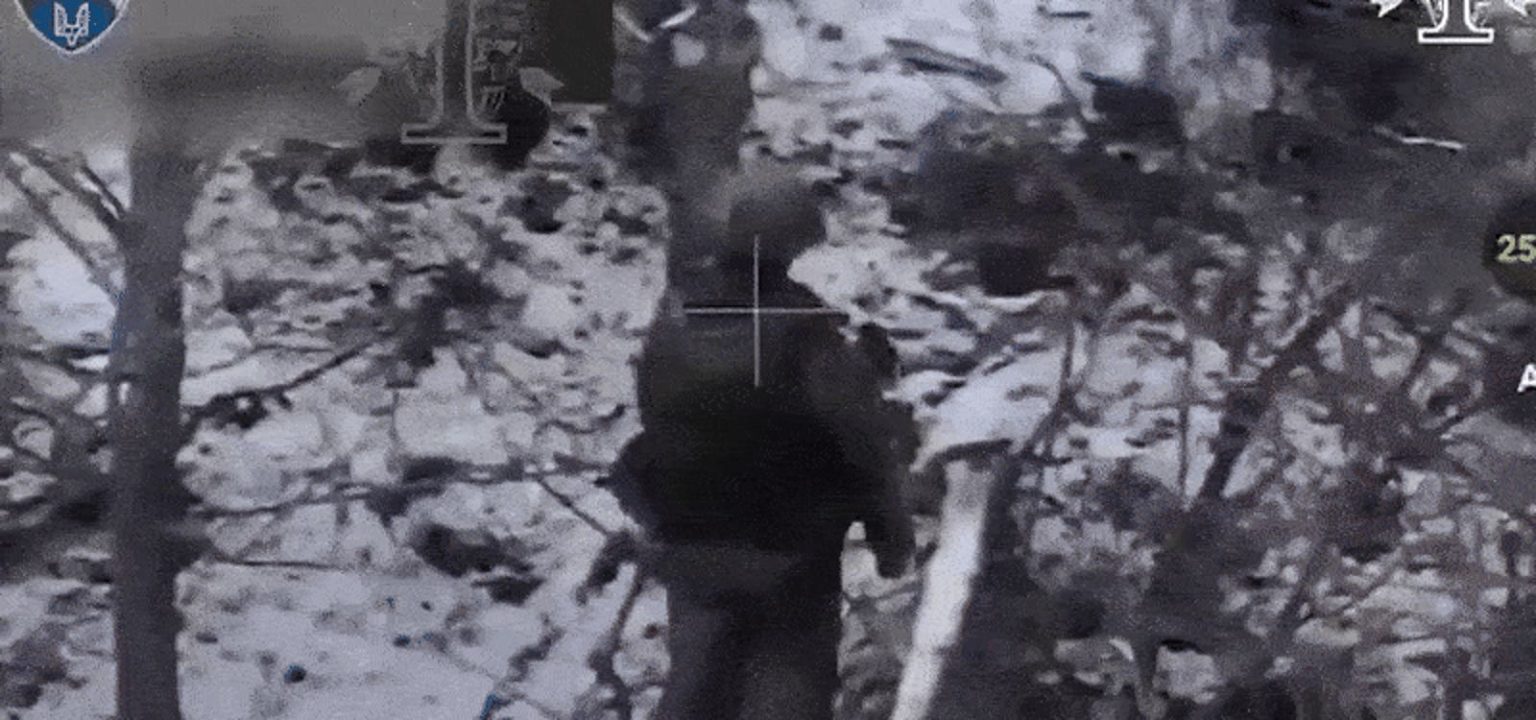A David and Goliath Struggle: Ukrainian Commandos Clash with North Korean Forces in Kursk
In the frigid expanse of Kursk Oblast, western Russia, a small but fiercely determined band of Ukrainian commandos engaged in a desperate battle against a numerically superior North Korean force. On or around January 12th, a dozen or so members of the 8th Special Operations Regiment, supported by other units, found themselves locked in an eight-hour firefight against scores of North Korean soldiers. The clash, which occurred near the hamlet of Kruglenkoe, showcased the Ukrainians’ tactical prowess and unwavering resolve in the face of overwhelming odds. Armed with sniper rifles and drones, the commandos inflicted heavy casualties on the enemy before executing a strategic retreat to their lines, half a mile to the east. While the Ukrainian regiment celebrated the fact that none of their own were injured in the engagement, likening themselves to the Spartans at Thermopylae, the long-term strategic implications of the battle remain uncertain.
The engagement underscores the growing complexity of the conflict in Kursk Oblast, where a 250-square-mile salient carved out by Ukrainian forces in August has become a focal point of intense fighting. The presence of North Korean troops, estimated to be around 12,000 strong and forming the 11th Army Corps, further complicates the situation. The North Korean contingent, representing a fifth of the combined Russian and allied force in the region, has reportedly suffered significant casualties, estimated to be around 30%, since their deployment in October. While the Ukrainian commandos undoubtedly contributed to these losses, it’s unclear whether such tactical victories can stem the overall advance of the Russian-North Korean coalition.
Recent reports indicate that the combined force is making headway, pushing towards the western edges of Viktorovka and Nikolskiy, settlements located on the western flank of the Ukrainian-held salient. This relentless pressure highlights the manpower challenges facing the Kremlin, which is struggling to maintain a 600,000-strong force across the extended front lines in Ukraine and Kursk. Reports of wounded Russian soldiers being forced back into combat within "crutch battalions," rather than receiving proper medical care, point to a desperate attempt to maintain troop numbers, a tactic that leaves these units vulnerable to Ukrainian drone attacks.
The potential for further North Korean troop deployments adds another layer of concern for Ukraine. With the North Korean army boasting a million soldiers, the Pentagon anticipates additional reinforcements arriving in Kursk in the coming months. This prospect raises serious questions about the long-term sustainability of the Ukrainian defense, particularly given the dwindling support from key allies.
The Ukrainian government is facing a growing crisis in terms of international aid. Germany, a crucial partner, has recently blocked a $3.1 billion aid package, while the Trump administration in the United States has imposed a 90-day freeze on foreign aid and is contemplating significant cuts to military activities in Europe. The potential for a prolonged gap in U.S. support looms large, as the last tranches of aid approved by the previous Biden administration are delivered. Furthermore, upcoming elections in Germany will determine the future trajectory of that country’s contribution to the war effort.
The Ukrainian commandos’ valiant stand in Kursk, despite inflicting heavy losses on the enemy, ultimately ended in a tactical retreat. This microcosm of the larger conflict highlights the precarious position Ukraine finds itself in. Facing a numerically superior enemy bolstered by North Korean reinforcements and potentially facing a significant reduction in international aid, the Ukrainian military’s ability to maintain its hard-fought gains remains increasingly uncertain. The heroic actions of the commandos, while commendable, may not be enough to alter the course of the war if international support continues to wane. The future of the conflict hangs precariously in the balance, with the outcome potentially determined not just on the battlefield, but also in the political arenas of Berlin and Washington. The coming months will be critical for Ukraine, as it grapples with the combined threat of Russian aggression and the potential abandonment by its key allies.


